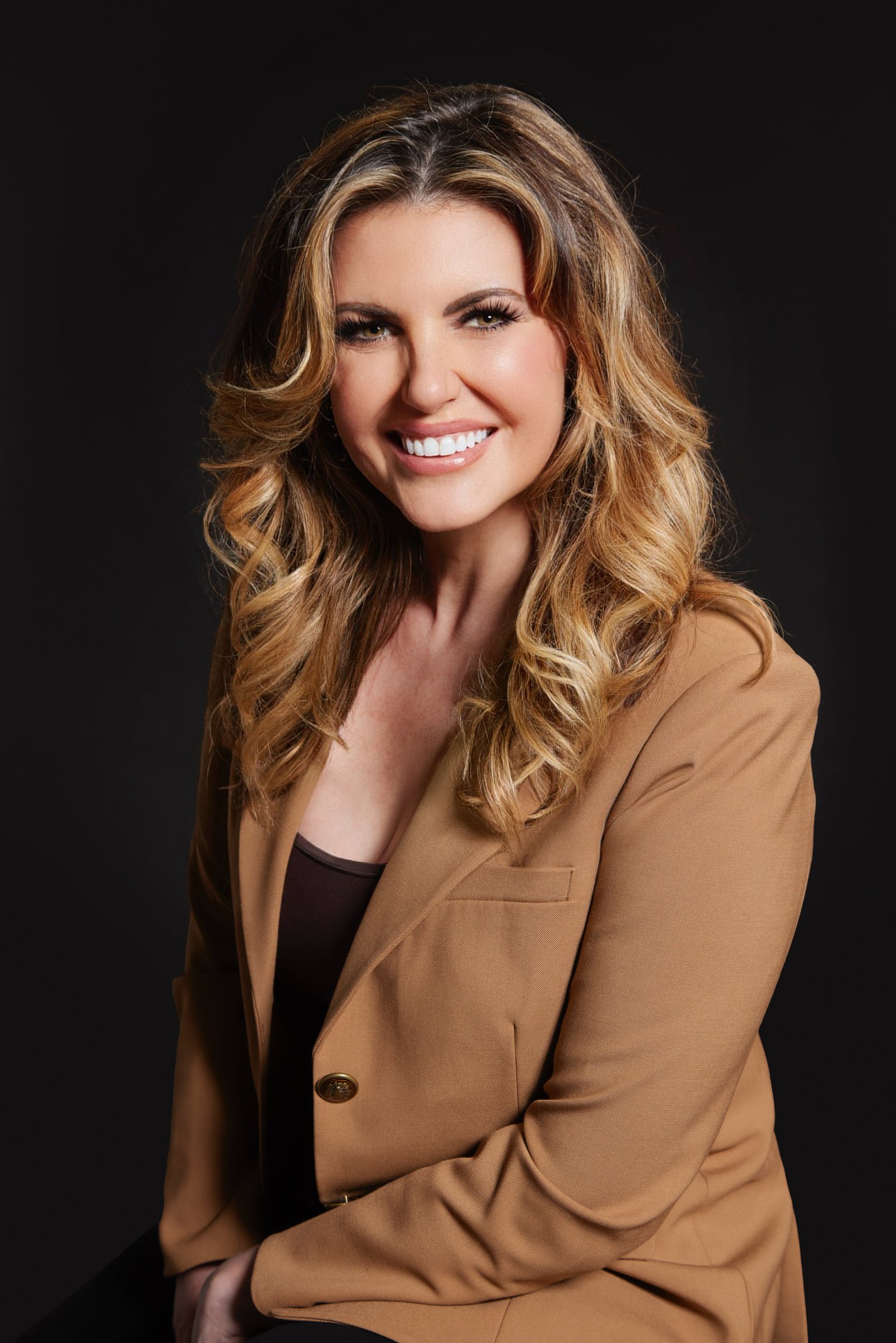
Is Individual or Couples Therapy Right for You?
It’s a very good question, particularly if you find that your relationship with your partner is a large part of what you want to address.
Marriage counseling is similar to a tune-up for your relationship. It’s like visiting a mechanic, but for your marriage. Seeking counseling isn’t a sign of weakness; rather, it’s a wise and proactive approach. The objective? Enhancing communication, resolving relationship issues, fostering better understanding, and at times, determining whether you both wish to continue this journey together in life. Counselors serve as impartial guides. Their role is not to take sides but to assist you in identifying communication breakdowns and equip you with skills to address them. Whether it involves improving listening skills, communicating feelings without conflict, or reigniting the spark, marriage counseling provides tools for various aspects. While not a quick fix, for many, it serves as a crucial step toward a more fulfilling partnership.
When words get lost between partners, it’s like the lights flickering out one by one in a house. A clear sign of this darkness is the dreaded communication breakdown. It’s not just about arguing over who forgot to take out the trash. It goes deeper, to a place where silence becomes a regular guest at your dinner table or every conversation turns into a battleground. If you find yourselves misunderstanding each other’s words or, worse, avoiding conversations to dodge conflict, the alarm bells should go off. Marriage counseling isn’t about admitting defeat; it’s about reigniting understanding and ensuring those lights don’t go out for good. Think of it as a lighthouse guiding you back to clearer shores of communication. When you can’t seem to find the right words or the silence grows too loud, it’s a strong signal that seeking help could be your next right step.
When the spark fades and you and your partner are not as close as before, it might feel like a gap has formed between you. It’s natural for life’s busyness, stress, and routines to dim the flame that once burned brightly. However, this doesn’t mean the fire is extinguished forever. Marriage counseling could be the helpful step to climb out of this rut.
Counselors master methods to guide couples through intimacy challenges. Their aim? Boosting dialogue. After all, acknowledging gaps paves the way to bridging them. They foster a judgment-free zone, letting both partners voice desires and necessities candidly.
Additionally, therapists can help you remember each other’s love languages. Maybe you’ve just forgotten how your partner feels loved and valued over time. Counseling can steer you back to those moments of mutual understanding and affection. It’s all about relearning to value the small gestures, rekindling date nights, or just enjoying quality time together without any distractions.
If intimacy has left the building, counseling might be just the thing to bring it back in. Don’t forget, asking for help is a sign of strength and shows your commitment to each other and the relationship. Reigniting that spark isn’t just doable; it’s a journey well worth embarking on.
Infidelity hits a marriage hard. It shatters trust, wounds hearts, and throws the future of the relationship into uncertainty. But it doesn’t always mean the end. Healing is tough, yet with commitment and professional guidance, rebuilding trust is achievable. Counseling plays a crucial role here. It offers a safe space for both partners to express their feelings, understand the root causes of the betrayal, and start the journey towards forgiveness and rebuilding trust. The process isn’t overnight. It requires time, honesty, and patience. Both partners need to fully commit to the healing process, understand the impact of the infidelity, and work together towards setting new foundations for their relationship. If you find reconciliation seems impossible on your own, seeking marriage counseling could be the turning point towards a renewed partnership.
If you and your partner are always arguing, it’s a clear sign that something’s not right. It doesn’t matter what the fight’s about — money, chores, kids — if you’re constantly butting heads, it’s time to seek help. Think of it like this: arguing now and then is normal, but if it’s your main form of communication, that’s trouble. Marriage counseling provides a space to talk things out with someone who’s trained to help. You learn to understand each other better and handle disagreements in a healthier way. This doesn’t mean you’ll never argue again, but when you do, you’ll fight fair. So, if your main chats turn into battles, consider counseling. It might just bring back the peace.
Money troubles are a common battleground in marriages, often signaling deeper issues in the relationship. Acknowledging financial difficulties as a team is crucial. It’s not about blaming but finding solutions together. If discussing bills, savings, or spending habits turns into a war zone, it might be time for marriage counseling. This isn’t about keeping score on who spends what but understanding each other’s financial values and fears. Counseling offers a safe space to tackle these issues head-on, helping couples craft a shared financial vision. Remember, it’s not the lack of money that strains a marriage, but the lack of communication around money.
When you and your partner have different parenting styles, it can feel like you’re not on the same team. It’s a common scenario: one parent might be strict, while the other is more laid-back. This difference can lead to arguments and stress within the family. But here’s the thing, seeking professional help through marriage counseling can bridge this gap. In counseling, a trained therapist can work with you both to find common ground, help you understand each other’s parenting style, and develop a unified approach. It’s not about changing each other’s styles but about working together for what’s best for your kids. Through open dialogue and expert guidance, you can turn your differences into strengths, creating a harmonious family environment. So, if parenting differences are causing tension, consider marriage counseling as a proactive step towards unity and understanding.
Sometimes, you and your partner might start feeling like ships passing in the night. It’s not about the big fights; it’s the silence and the gap that grows between you two. Maybe you’re not sharing those little wins or worries like you used to. It could be that one of you has changed, chasing new dreams or hobbies that the other can’t seem to fit into. This isn’t about blaming; it’s about recognizing. When your paths start to diverge, and you’re living parallel lives instead of intersecting ones, it’s a sign. This gap, this emotional drift, doesn’t fix itself. It’s a clue that maybe it’s time to consider marriage counseling. Talking to someone can help bridge that gap, giving you tools to understand each other’s new paths and how to walk them together, or at least respect where they lead. Recognizing you’re on different paths is a critical first step in navigating back to each other or deciding what’s best for both of you moving forward.
When one partner is dealing with substance abuse, it puts a strain on the marriage. It’s not just about the one struggling; it affects both of you. This is a complex issue, and it’s okay to seek help. Marriage counseling can provide a support system for navigating these rough waters. Together, you can learn coping strategies, communication skills, and ways to support each other effectively. It’s not a sign of weakness to ask for help; it’s a step towards healing your marriage. Remember, fixing things early can prevent the situation from worsening. You’re not alone in this journey, and seeking support can make a significant difference.
Deciding to go for marriage counseling is like admitting you’re ready to mend and grow your relationship. It means you’re both willing to put in the work to understand each other better and solve problems together. Remember, opting for therapy doesn’t mean your marriage is failing; it means you’re eager to make it stronger. The first step can be daunting, but it’s also the most important one towards building a healthier, happier relationship. So, talk about it openly with your partner, choose a therapist that fits both your needs, and get ready to embark on this journey together. It’s about teamwork, and by taking this step, you’re setting your team on the path to victory.


It’s a very good question, particularly if you find that your relationship with your partner is a large part of what you want to address.

Anytime you lose anything, whether that thing be a person or a time period of your life, it is fundamentally the death of something.

It feels increasingly true that the noise on how we should feel about our bodies gets louder, but building a better relationship with your body is possible.